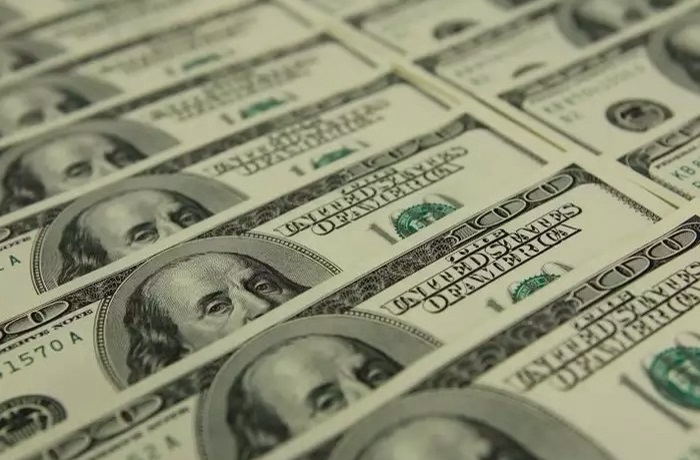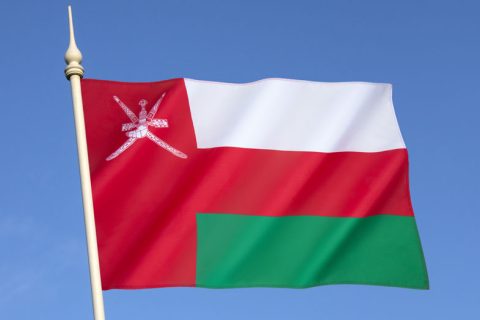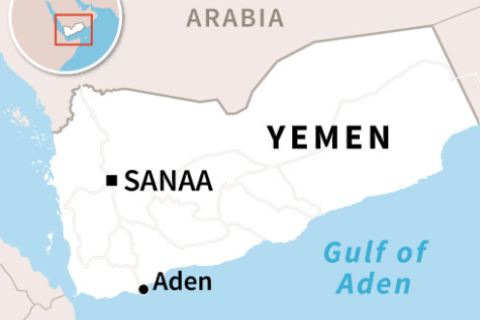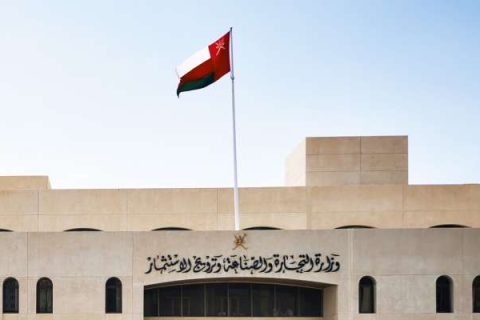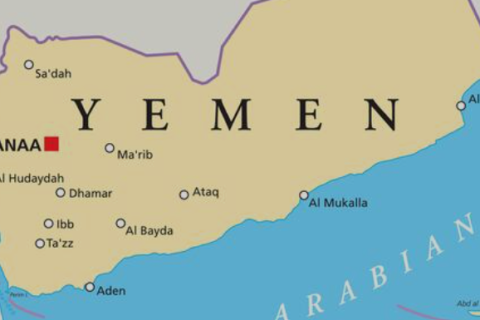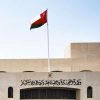Dollar
The dollar is the world’s most common currency, used in the US, Australia, Canada, Fiji, New Zealand, and Singapore (and elsewhere).
According to OxfordWords, the Flemish or low German word “joachimsthal” referred to Joachim’s valley where silver was once mined. Coins minted from this mine became “joachimsthaler,” which was later shortened to “thaler” and eventually morphed into “dollar.”
Peso
The peso literally means “weight” in Spanish.
Lira
The Italian and Turkish “lira” also come from the Latin word “libra” meaning “pound.”
Mark
Before the euro, the Deutsche mark and the Finnish markka also draw their names from units of weight.
Rial
The Latin word “regalis” meaning “royal,” is the orgin for the Omai and Iranian “rial.”
Similarly, Qatar, Saudi Arabia, and Yemen all use a currency called the”riyal.” Before the euro, Spain used “reals” as well.
Rand
Like the dollar, South Africa’s rand comes from the Dutch name for the South African city “Witwatersrand,” an area that is rich in gold.
Chinese yuan, Japanese yen, and Korean won
The Chinese character,?, meaning “round” or “round coin” is responsible for the name of the Chinese Yuan, Japanese Yen, and the Korean Won.
Crown
Many Scandinavian countries use a currency that derives from the Latin word “corona” meaning “crown.”
Sweden’s Krona, Norway’s Krone, Denmark’s Krone, Iceland’s Króna, and the the Estonian Kroon (now replaced by the euro), and the Czech Republic’s Koruna all derive from the same Latin root.
Dinar
Jordan, Algeria, Serbia, and Kuwaiti all call their currency the “dinar.”
This is a pretty straightforward truncation of the Latin word “denarius,” which was a silver coin used in ancient Rome.
Rupee
The Sanskrit word for wrought silver is “rupya,” which lends its name to the Indian and Pakistani rupee, as well as Indonesia’s rupiah.
Pound
The British pound is derived from the Latin word “Poundus” meaning weight.
Egypt, Lebanon, South Sudan, Sudan, and Syria all call their currency pounds.
Ruble
Russia and Belarus’ ruble are named after a measure of weight for silver.
Zloty
“Zloty” is the Polish word meaning “golden.”
Forint
The Hungarian forint comes from the word Italian “fiorino,” a gold coin from Florence.
The “fiorino” had a flower or “fiore” in Italian stamped on it.
Ringgit
When coins were minted in precious metals, thieves would shave off small portions of the metal to create new coins.
To combat this, countries began minting coins with jagged edges.
The Malaysian word for jagged is “ringgit,” the name of their currency.
Published first at Business Insider


